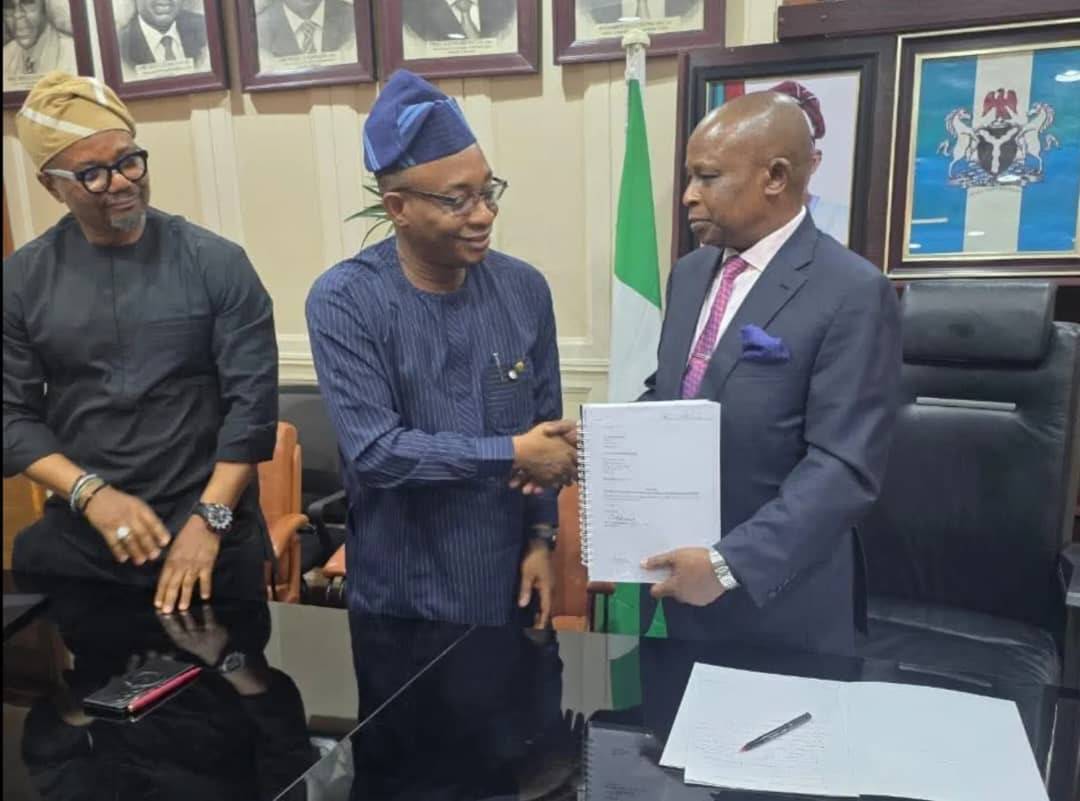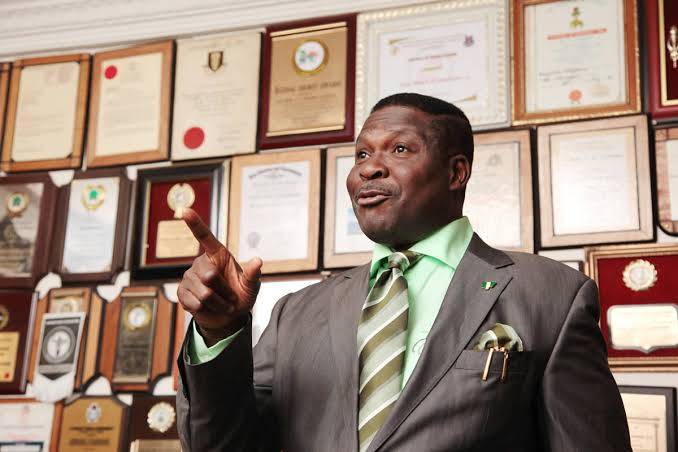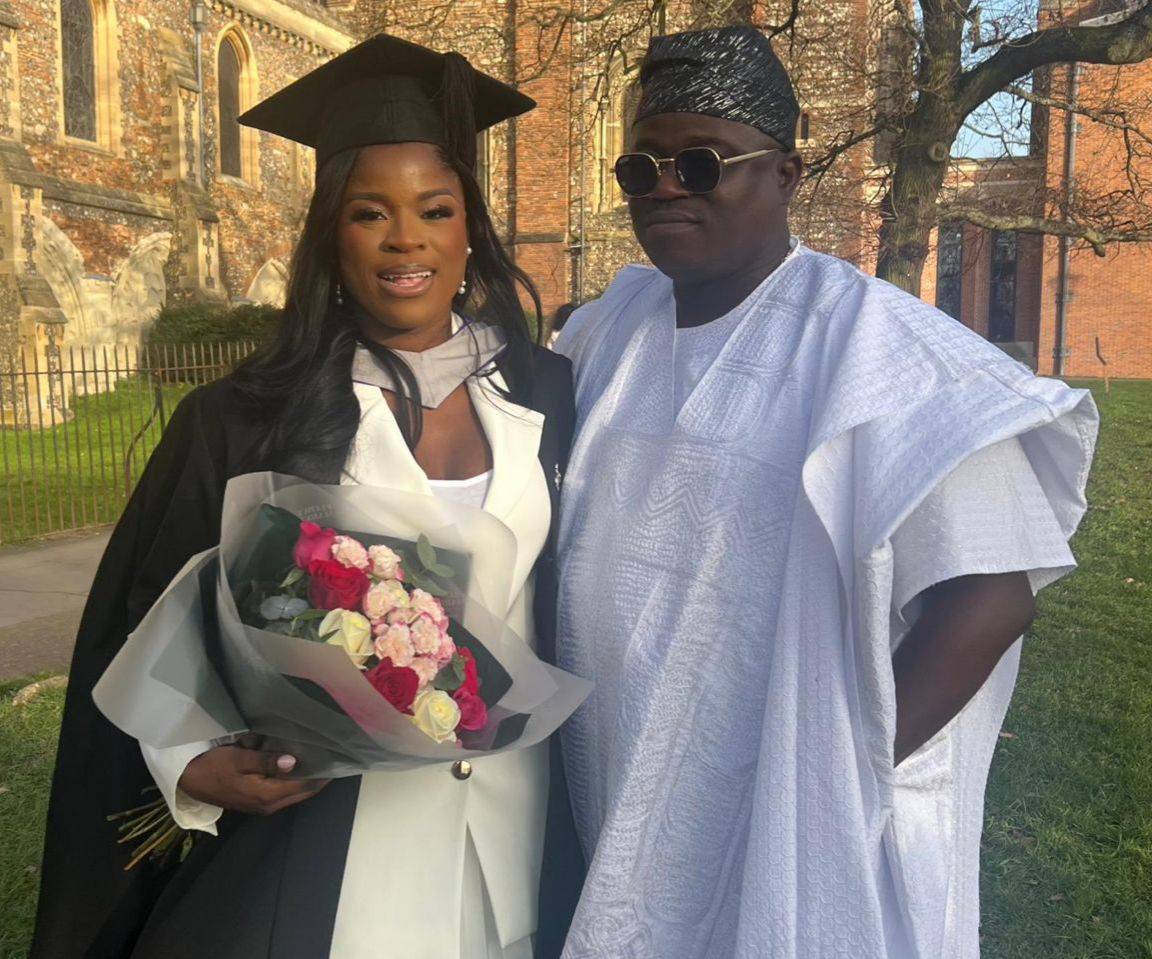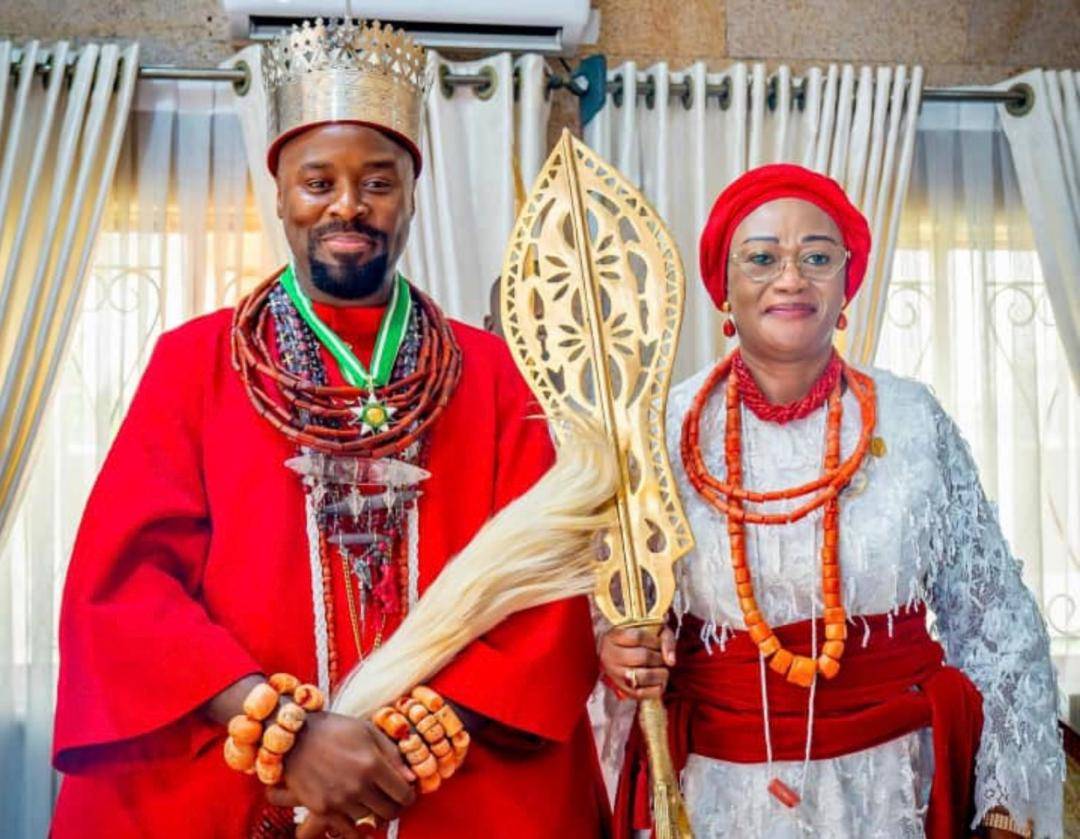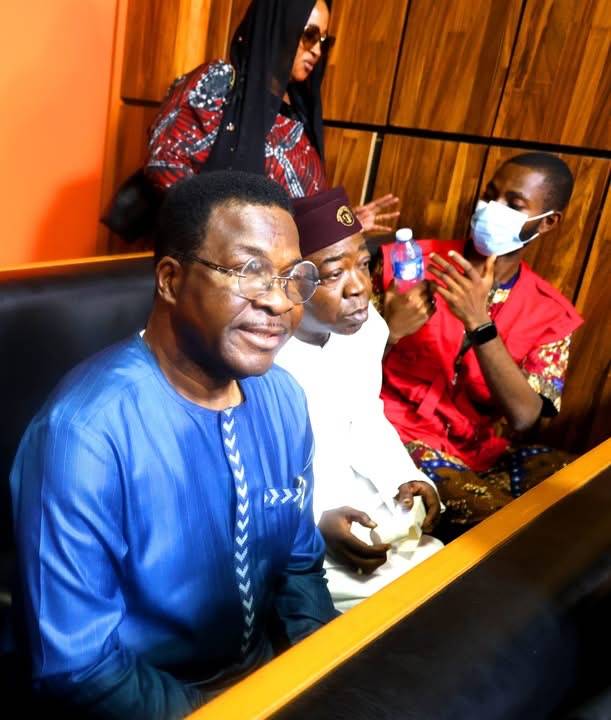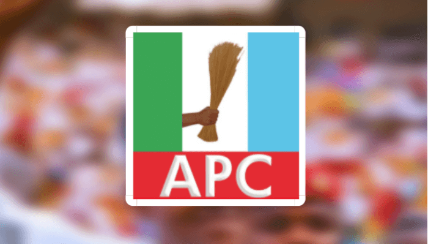By Emmanuel Oladesu
His creator has blessed him with long life, contentment and peace of mind. These three gifts befit the nonagenarian as he reflects daily on his personal life, which cannot be divorced from the history of a country he worked hard to keep together in a period of grave challenges.
Yakubu ‘Jack’ Gowon, son of a churchman from the Middle Belt, a full-fledged General, and war-time Head of State, stands before the mirror of history. What is discernable from the reflection is a humble soul, a gallant officer, a reconciliator, a political scholar, a tolerant leader, a prayer warrior, a symbol of unity, an elder statesman, a mentor and role model, a child of God and a man of peace.
He is not in the class of Mr. Know-it-all: the self-appointed janitor-general, a pull-him-down tactician, a trouble maker, a warmonger, a subjective critic, a do-or-die politician, a controversial public letter writer, a fighter, a corrupt soldier, and an arrogant leader.
Gowon is in a class of highly revered leaders who put country first in all matters and stand tall among true patriots.
It is gratifying that President Bola Tinubu has, on behalf of Nigerians, renamed the University of Abuja as Yakubu Gowon University, almost 50 years after the former Head of State was ousted from power in a bloodless coup. It should be a thing of joy for him, his family and associates that he was honoured in his lifetime.
To this epitome of service and patriotism, the love for the country surpassed having a fat bank account, a vast piece of land acquired while in power, a business empire built from ill-gotten wealth, or even the often flaunted international networks. What is paramount to him is a good name – which is better than a treasure of gold and diamond and a fat Swiss bank account. Today, this rare gem of a leader must be savouring the nostalgia about diligent service to humanity, the legacy of national unity, cohesion and harmony, the personal and unbroken example already set, and the perception of his role in building and reshaping Nigeria.
Gowon has always conducted himself with decorum. He remains an authentic patriot and a shining example. He earns respect as a citizen of the world. Unfortunately, many youths, particularly those of the ‘Gen Z’ generation are not conversant with his contributions to national greatness because, at a time, history was removed from the curriculum.
The former Head of State has seen life’s bright and dark sides. While he was the number one citizen, he did not personalise power. He promoted team spirit. Shoved aside by professional kith and kin, he kept mute but without malice and bitterness to anyone.
He was not trained for political leadership. Neither was he prepared for it when the responsibility was thrust on his shoulders. But the leaders of his region from the pre-independence era, having anticipated a problematic future for Nigeria when legitimate authorities were being displaced in some African countries, strategically encouraged their youths to take to soldiering. Gowon was the first manifestation of their foresight.
Trained in the best military institutions in the world, including Sandhurst, he embraced professionalism. When the 1966 failed coup of the five Majors, led by Chukwuemeka Nzeogwu, brought a political novice, Major-General Thomas Aguiyi-Ironsi, to power, there was confusion. Barely six months after, he was killed in a retaliatory coup that aggravated the situation. At the centre of the succession crisis were Brig.-Gen. Babafemi Ogundipe, the Chief of Staff Supreme Headquarters and Ironsi’s deputy; Lt.-Col. Gowon, the Chief of Army Staff, and military governor of Eastern State, Lt.-Col. Chukwuemeka Odumegwu-Ojukwu.
Ethnicity, religiosity and indiscipline suddenly crept into the Nigerian Army, with a sergeant of Northern origin disobeying Ogundipe at the Ikeja Army Cantonment. Gowon was preferred. The ‘deputy head of state’ resurfaced later in London as Nigeria’s High Commissioner.
But Odumegwu-Ojukwu kicked, insisting on a hierarchical order of seniority. Gowon became the Head of State and barely settled down when his leadership skill was put to the test by an avoidable civil war foisted on the country by a clash of egos.
Even, under that circumstance, he demonstrated wisdom as he ran to the elders from across the regions for support. He attracted experienced leaders, including Obafemi Awolowo, who he had set free from prison; Anthony Enahoro, Shehu Shagari, Gusau, Dikko, Ali Monguno, Aminu Kano and Joseph Takar, into his cabinet.
He created the 12-state structure to break the territory of Ojukwu, who, despite entreaties, plunged Igbo land into a war. It was a hell of time for the bachelor-Head of State whose tender heart was broken by the bombings, shootings, heavy casualties on both sides, reports of starvation and propaganda by the Biafran machinery. It took his deputy, elderly Admiral Adewale Wey, who was the Chief of Staff Supreme Headquarters, to build psychological support until he got married to the delectable nurse, Victoria.
Gowon was less inflexible and more condescending so that he could ‘Go On With One Nigeria’. He may have uncritically treated the Ojukwu challenge as a quarrel between two professional soldiers. At Aburi in Ghana, he made concessions that baffled the federal commissioners and senior civil servants. It was also a surprise to the delegation from the East because such sacrifices were least expected. But the Head of State was conciliatory to avert war and disintegration. During the tedious negotiations, he was honest and straightforward. In his book: ‘Gowon: The Biography of A Soldier-Statesman,’ Isawa Elaigwu, a Professor of Political Science, said the approach was wrongly perceived by the Biafran warlord “as a demonstration of Gowon’s slowness of mind as opposed to his (Ojukwu’s) Oxford intelligence. The combination of humility, accommodation and courage were perceived as weakness”.
Both sides fought the war vigorously. It was agonising for soldiers who had to face their colleagues in battle. After three years, it was evident that Ojukwu was on a wild goose chase. On the pretext of seeking new solutions to the conflict, he abandoned the forces and hurriedly left the country.
To Gowon’s credit, having listened to the advice of his Federal Finance Commissioner, Awolowo, the war economy was managed without borrowing.
Also to his credit, Gowon declared ‘no victor, no vanquished’ after receiving the Biafran surrender. Immediately, he unfolded the ‘Reconciliation, Rehabilitation and Reconstruction’ programmes which he implemented with utmost fidelity.
The post-war programme marked the beginning of a serious infrastructure battle. In those days, Nigeria had money; the challenge was what to spend it on.
Then, Gowon turned attention to the challenge of integration. His cabinet and indeed, his policies reflected the national outlook of which he was the symbol. He established the National Youth Service Corps (NYSC) which brought the youth together and closed the divisive gaps of ethnicity and religion. The scheme fostered inter-tribal marriages and unity.
Soon, ambitious elements in the Army started to grumble about the all-civilian composition of the Federal Executive Council (FEC). In utter sensitivity to the hues, Gowon appointed two soldiers – Murtala Mohammed and Olusegun Obasanjo – as Federal Commissioners for Communications and Works. Like a soldier that he is, the Head of State postponed the handover date from 1973 to 1976.
As the plot to remove him through a coup thickened, Gowon got wind of the moves. He declined to avert it. On his way to Kampala in Uganda for a meeting of the Organisation of African Unity (OAU), he admonished his coupist -cousin, Joe Garba, who was then the Commander of the Brigade of Guards, to make it bloodless. The announcement of a change of government met him in Uganda. There were unfinished assignments: the 1973 census debacle, public criticisms over allegations of corruption against governors and ministers and the implementation of development plans.
Gowon embraced his fate with philosophical calmness. There was no bitterness. Six months later, his successor, Murtala, was killed and his deputy, Obasanjo, became the Head of State. Before the masterminds of the abortive coup were taken to the military board of enquiry, Gowon was tried on the pages of a newspaper by the Federal Government and found guilty. If the coup that ended Murtala’s life had met Gowon in Nigeria, perhaps, he would have been roped in, and taken to the tribunal for trial and shot. All the privileges due to him as ex-leader were suspended.
The next point of call was Warwick University, where he enrolled to study Political Science. Due to his status as a former African leader, the terrain would have sapped his adjustive resources. But age, more or less, was on the side of the amiable General who later bagged his Bachelor’s, Master’s and doctoral degrees. If he had studied Political Science before becoming the Commander-in-Chief, perhaps, his approach to many issues of governance would have been different.
Life is full of ups and downs. He spent nine years in power. He spent nine years in exile. With courage and trust in his Creator, Gowon triumphed over the troubles. Yet, perceived as a soldier-political scientist who may be reluctant to permanently part with power, the idea came up in some quarters in the Third Republic that Gowon should return as a civilian leader. It paled into daydreaming.
His pastime now is praying for Nigeria, reminding people about the noble sacrifices and heroic labours of past leaders who sacrificed for the country to survive. He also seeks to correct as a father of the nation.
Gowon’s approach to life and national issues, now in his old age, is worthy of commendation and emulation. The honour of getting his name etched on the premier university in Abuja, the federal seat of power, is well deserved. President Bola Ahmed Tinubu’s administration has struck the bull’s eye with this honour to a great national leader of Gowon’s stature.
Culled from The Nation



